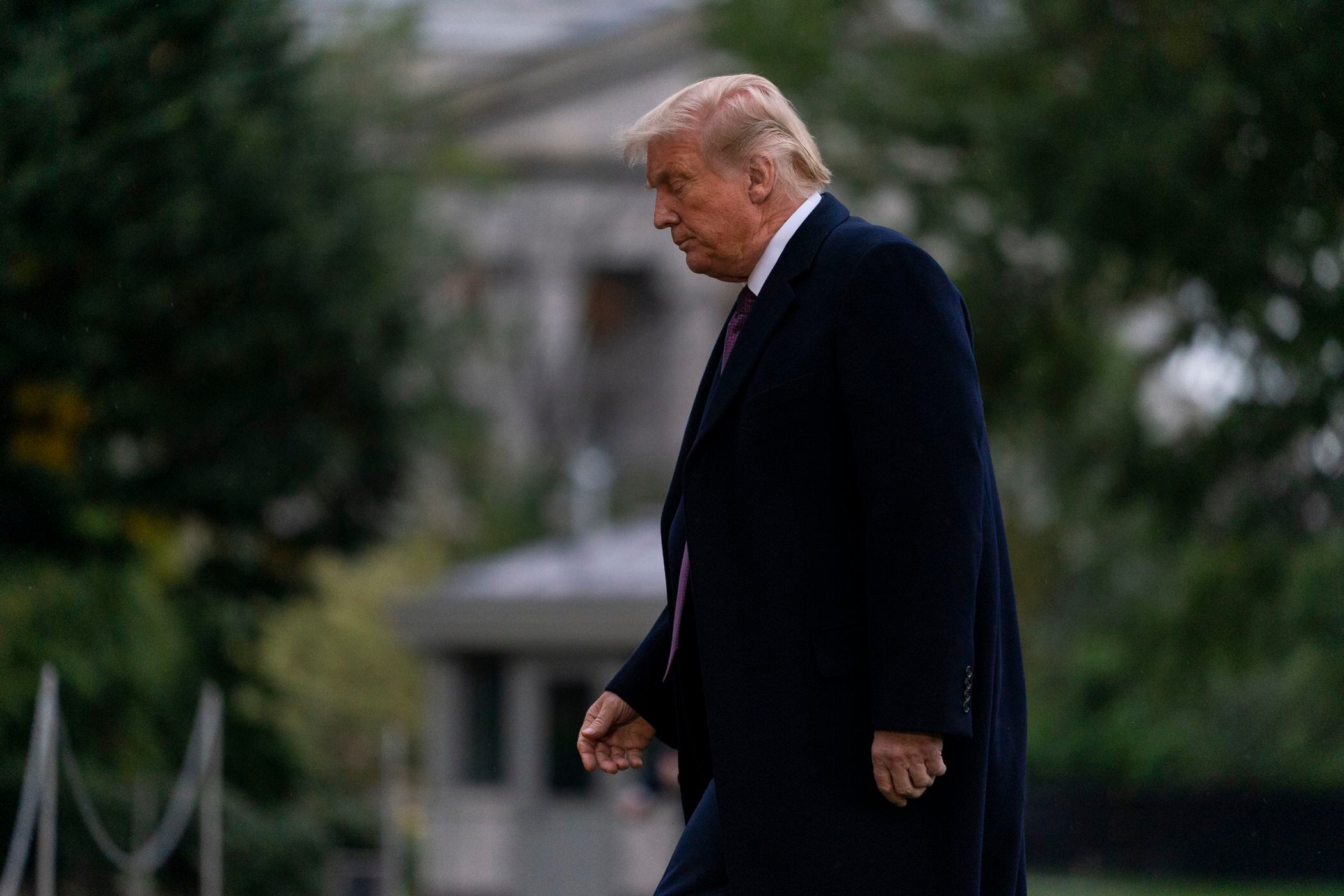From Wall Street to Silicon Valley, these are the top stories that moved markets and had investors, business leaders, and entrepreneurs talking this week on Cheddar.
WHAT A WEEK
It was an eventful week, and not just for the markets. The news that President Trump and the first lady tested positive for COVID-19 subsumed everything else by week’s end, helping push stocks lower in a week that saw more whipsaw trading that moved in tandem with talks about a new coronavirus stimulus bill. The September jobs report also came out, showing nonfarm payrolls rose by 661,000 — a far cry from the estimate of 850,000, which itself was sharply lower than the 1.4 million jobs added in August. The unemployment rate fell to 7.9 percent, the highest it’s ever been at the time of a presidential election. As the markets were digesting those developments, Speaker Nancy Pelosi said Congress was considering a standalone aid bill for the airline industry, sending stocks higher. With a solid third quarter in the books — despite a return to some of the volatility of the spring — investors are looking to close out the year on a high note even as the crosswinds of a potentially disputed election and a resurgence of the virus could align to make that difficult.
JOBS, JOBS, JOBS
The weak jobs report didn’t take into account a new wave of layoffs and furloughs that are threatening to grind the economic recovery to a halt. Disney said it will lay off 28,000 workers in its theme parks division who have been furloughed since the spring. Two-thirds of those positions are part-time. Disney blamed the pandemic — as well as California restrictions that have kept Disneyland closed — for the cuts, one of the biggest reductions in a single company’s headcount since the lockdowns started. Between American and United Airlines, another 30,000-plus employees are being furloughed as federal employment protections ran out on Oct. 1. The airlines hinted that they could recall at least some of those employees if lawmakers reach a deal to bail out the industry. The insurance giant Allstate is cutting 3,800 heads, the textbook publisher Houghton Mifflin Harcourt is laying off 22 percent of its workforce, and a major hotel trade group is warning that the industry is facing imminent collapse, with as many as two-thirds of all hotels likely to close within six months if they don’t receive federal aid.
DUAL DIRECT LISTINGS
Palantir and Asana became the latest hot software companies to hit the public markets, both debuting via direct listings on the NYSE on the same day. Palantir, a data-mining company that does business with the federal government, went public with a valuation of $20 billion, while Asana, which makes collaboration software, netted a valuation of about $5.5 billion. Direct listings, whereby companies can bypass the bank-run process of raising money with an IPO, have become a popular, if still untested, way of listing shares. They’ve grown even more popular for tech firms after Spotify and Slack pulled off successful debuts. Asana and Palantir, dissimilar in many ways, share ties to Facebook: Peter Thiel, an early Facebook backer, co-founded Palantir and has invested in Asana, which is run by Dustin Moskovitz — better known as Mark Zuckerberg’s college roommate and a co-founder of the social giant.
VACCINE RACE
October is likely to be an important month for news related to some of the top coronavirus vaccine candidates currently in trials. Moderna’s CEO says it’s highly unlikely that its vaccine will be ready for widespread use before the spring. Pfizer’s CEO has reassured employees that the vaccine development is not being politicized and that it’s “moving at the speed of science” as outside experts have told the pharma giant to slow down its observation period. New polls show the vast majority of the public is worried about a rushed vaccine. The drugmakers with Phase 3 trials in progress have enlisted tens of thousands of volunteers as a way to increase the probability that a small number of them will get infected with the virus naturally.
TIKTOK, TICK TOCK
Regulators in the U.S. continue to hash out a deal with ByteDance that would see TikTok’s U.S. operations move to American soil. A federal judge blocked the White House’s move to ban TikTok in the app stores, giving a stay of execution for the wildly popular social network as negotiations continue over its fate. Meanwhile, Treasury Secretary Steve Mnuchin said that if Oracle can’t close the deal for TikTok under the guidelines set out by the administration — including an assurance that the app’s code will be housed within the U.S. — then it will be shut down. The clock is ticking: President Trump’s self-imposed deadline for a sale is Nov. 12.









